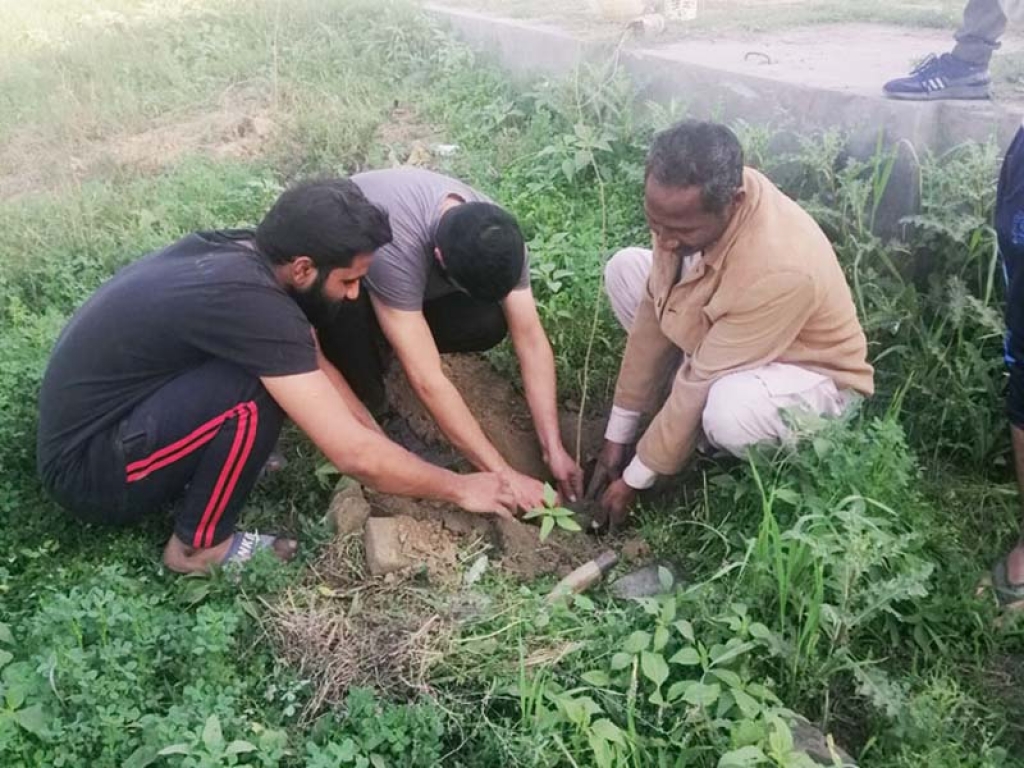PAKISTAN: Students care for environment

Staff and students plant 100 trees on Salesian campuses in Lahore and Quetta
(MissionNewswire) Salesian missionaries have been working in Lahore and Quetta, Pakistan, for the last 21 years. In Lahore, Salesians have a technical institute, elementary school, boarding school for children, workshops for girls and a youth center open on Saturdays. In Quetta, there is a school and two boarding schools, one for boys and one for girls.
Salesian staff and students in Lahore and Quetta are responding to the call by Pope Francis to provide care for the environment. They recently planted 100 trees on the campus grounds. In his 2020 Laudato Si, which has as its theme “Good Christians and Upright Citizens”, Pope Francis underlined the importance of education and training that will help youth shape a lifestyle and foster environmental responsibility. Further, Salesian Rector Major Father Ángel Fernández Artime noted the importance of concrete initiatives in the care of the environment. The first objective is encouraging the environmental commitment of youth.
Pope Francis has said that the care of creation of the common home (Earth) is everyone’s responsibility, especially new generations. For this reason, Salesian missionaries, staff at Salesian centers and students have been launching initiatives to take care of the environment and make their surroundings cleaner and greener.
“Salesians around the globe are answering the call from Pope Francis and launching initiatives that positively impact the environment,” said Father Gus Baek, director of Salesian Missions, the U.S. development arm of the Salesians of Don Bosco. “These projects teach youth new skills that they will have for a lifetime. Many youth are then going back to their families and teaching them what they have learned. This is improving whole communities and bettering the environment for all.”
According to the World Bank, 31.3 percent of people living in Pakistan fall below the poverty line.
Gender plays a role in poverty in the country. Pakistan has traditional gender roles that define a woman’s place in the home and not the workplace. As a result, access to education is challenging for girls and society investments are less. There are few opportunities for women and girls in the country outside of traditional roles. This is evidenced by the disparities in education including the literacy rate. Female literacy in Pakistan is 71.8 percent compared to male literacy at 82.5 percent.
###
Sources:
ANS Photo (usage permissions and guidelines must be requested from ANS)
ANS – Pakistan – Salesian centers in Quetta and Lahore plant hundreds of trees
World Bank – Pakistan




